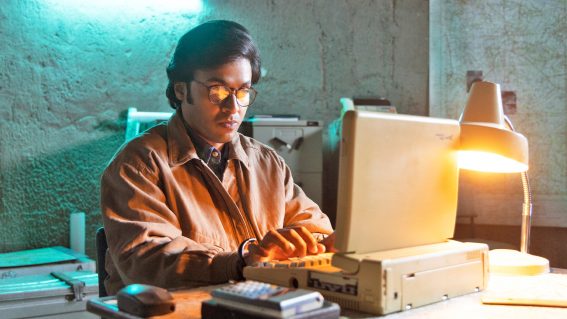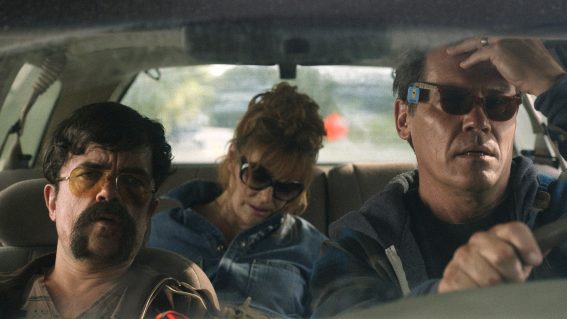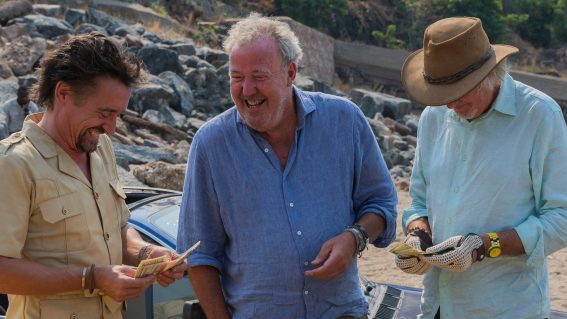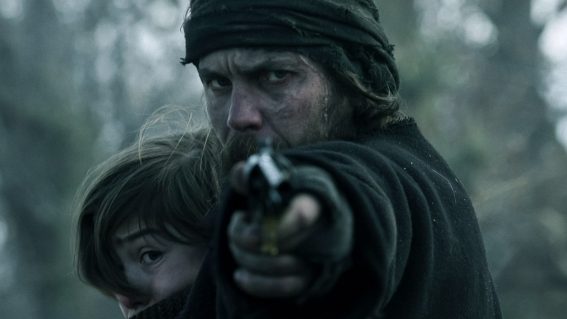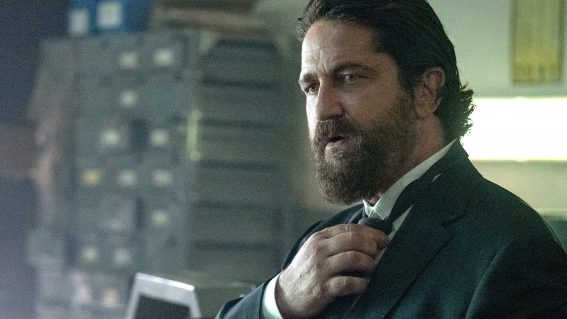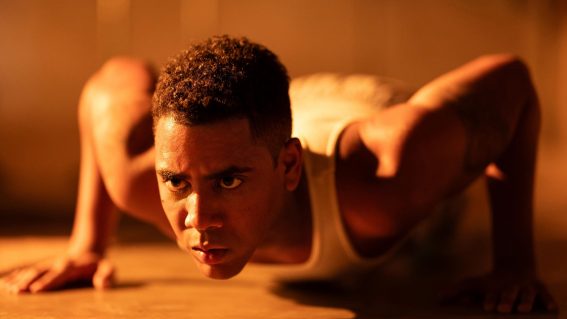Season 3 of Clarkson’s Farm proves the divisive figure has truly turned farmer

With each passing season, Jeremy Clarkson proves less fish-out-of-water in Clarkson’s Farm. He still exudes a know-it-all upper-class smugness, says David Michael Brown, but the years have also tempered his arrogance.
Jeremy Clarkson has always been a divisive figure on British television. As the host of Top Gear, the BBC flagship show for the discerning rev head, his antagonistic brash style confounded the broadcasting corporation’s top brass but had viewers tuning in by the millions. Clarkson, along with Richard Hammond, James May and a mysterious leather suit-clad, helmet-wearing driver known as The Stig, were household names. The combination of fast cars and irreverent humour saw Top Gear hit pole position in the ratings.
In fact, Top Gear made it into the Guinness Book of Records in 2013 as the world’s most-watched factual TV program. More than 350 million people in more than 200 countries watched the series. All good things come to an end, however, and after a collision of events involving cold hotel food, an exhausted television presenter and a producer’s bloody lip saw Clarkson fired from the show; he found himself looking for gainful employment while British TV personality Chris Evans sat behind the wheel and steered Top Gear over a cliff as ratings tumbled. Clarkson was forced to head down a new long and winding road after the controversy died down.
His first show back was The Grand Tour on Prime Video. Joined by his brothers-in-arms Hammond and May, the Top Gear alternative was a star-studded carbon copy boasting high-profile guests like Dominic Cooper, Luke Evans, Ricky Martin, Pink Floyd drummer Nick Mason and “The Hoff” plus the usual car tests, speed freaks and insane adventures.
That adrenaline-charged journey led him to the quieter environs of Diddly Squat Farm, the setting of the telly documentary Clarkson’s Farm, also on Prime, in which the disgraced host takes over the running of his 1,000-acre farm in the Cotswolds. Completely out of his comfort zone, there is much fun to be had watching Clarkson getting his hands dirty in these new rural surroundings.
Clarkson had bought a thousand acres, including the farm, in 2008. The productive fields grew a rotation of barley, rapeseed and wheat. These crops were farmed on a contract basis by a local villager until his retirement in 2019. Clarkson then decided to take on the farming the land himself renaming the estate Diddly Squat Farm due to its lack of productivity.
He still exudes a know-it-all upper-class smugness, but the years have tempered his arrogance if not his acerbic wit and hilarious, if crass, verbal takedowns. Even the show’s host agrees that he doesn’t come from farming stock. “It’s so far removed, like David Attenborough doing a programme on jet-skiing,” he joked when talking to The Guardian. But luckily for Clarkson and the viewers, he has surrounded himself with some fabulous locals who bring warmth and hilarity to the series, especially his farming assistant Kaleb Cooper, to whom he dedicated his unlikely win for “Flying the Flag” at the British Farming Awards in 2021.
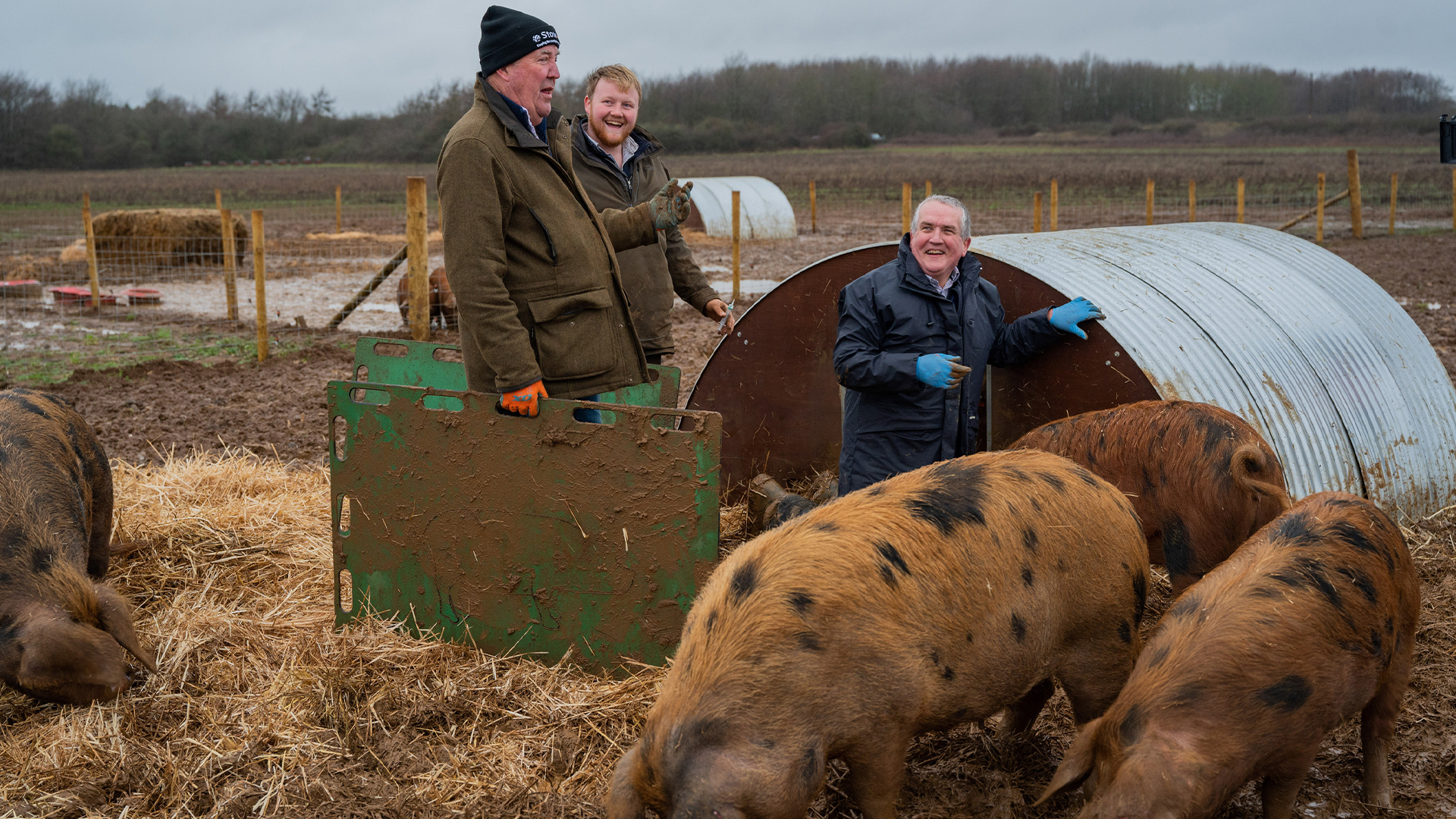
The first season of the show saw Clarkson wallowing in muddy misery as he takes over the running of his farm during COVID and faces seemingly insurmountable challenges. Old habits die hard when he buys a Lamborghini tractor instead of a more traditional workhorse. By the end of a tough year, the farm makes a profit of £144 from its crops. Season two saw Clarkson and his team try different cash-earning avenues including a new herd of cows and opening a restaurant in the abandoned lambing barn to sell his beef and lamb.
The new third season starts as the UK has struggled through the driest summer in 87 years. The ground is parched and is hard as concrete and crops are dying. The restaurant was closed by the council. And 13 of the farm’s cows were given a bovine passport and had to be sold including Clarkson’s favourite Pepper. Diddly Squat may be an arable farm but the search is on to discover new ways to make money from the land.
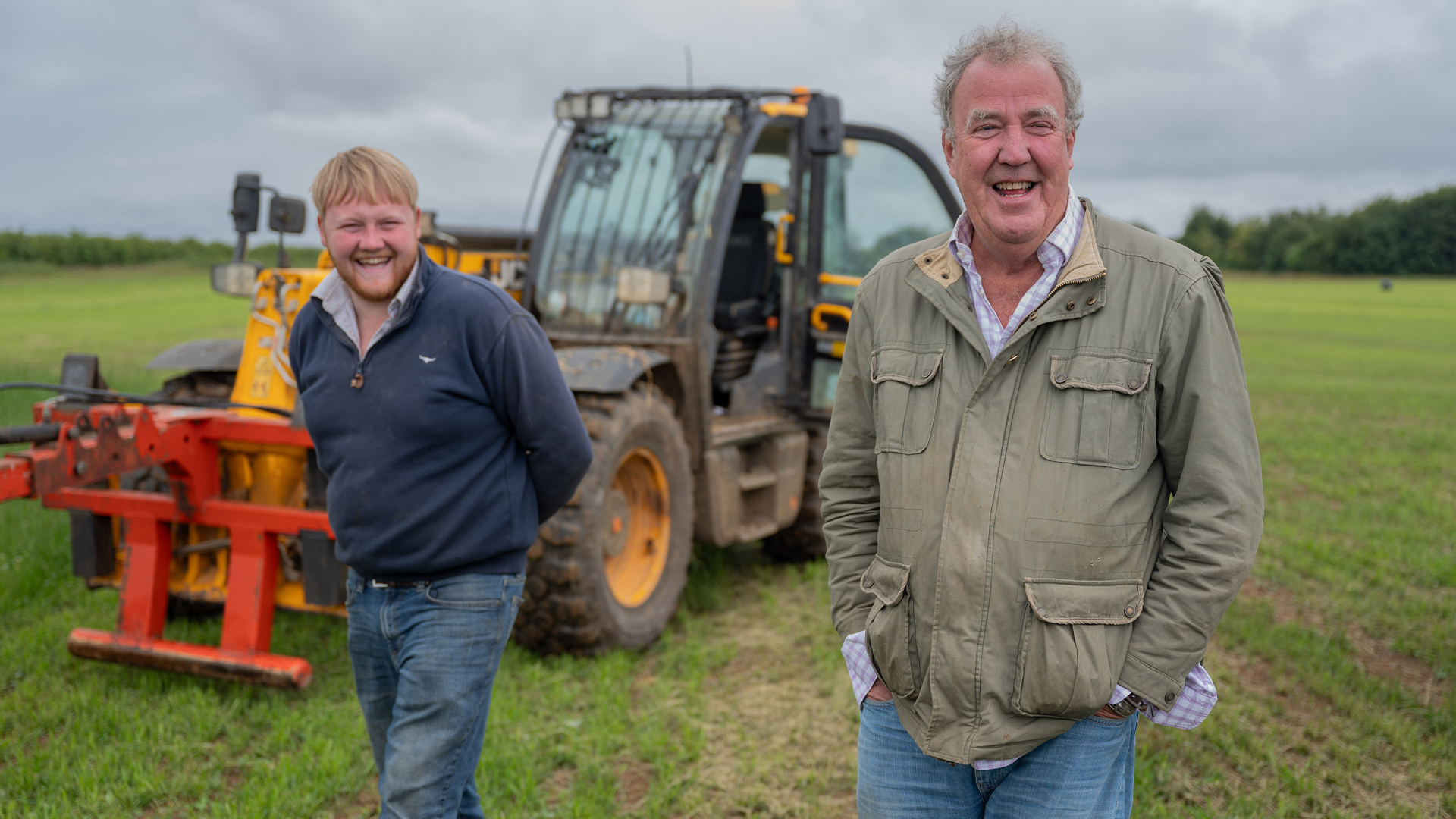
He sits down with a bottle of his “special drinking juice” and concocts a plan to farm the unfarmed. The 500 acres of never-ending hedges, wildflower meadows and woods full of berries, apples, watercress, wild garlic and deer. Can he make money from the bit of the farm that he isn’t farming? Being Clarkson, he decides to make it a competition and challenges his newly promoted farmer manager Cooper: Who can make the most money? Clarkson from the unfarmed areas, or Cooper from the farmed fields? Throw in some jars of Diddly Squat Farm-branded blackberry jam, Groove Armada member Andy Cato who also happens to be a regenerative farming advocate plus three paddocks full of pigs and it’s game on!
With the camera following his every move, it’s a surprise to see Clarkson show a human side. Especially when one of his staffers is diagnosed with cancer or he first sets sight on his new piglets. He is still exasperated every time red tape is waved in front of him and infuriated at every hurdle he has to jump but the “fish out of water” is now well and truly a farmer. Even if he looks down at anyone whose tractor isn’t a Lamborghini.



